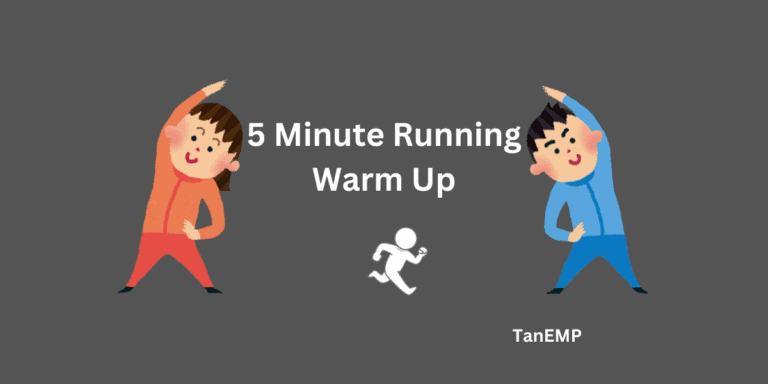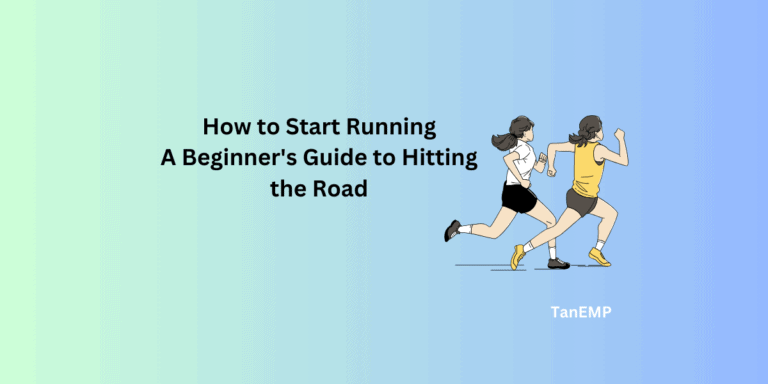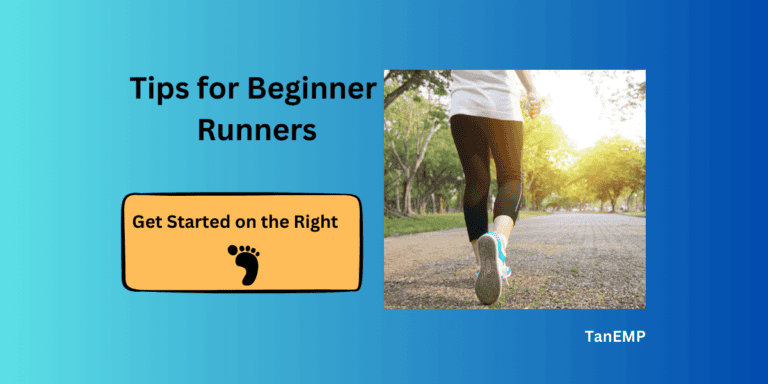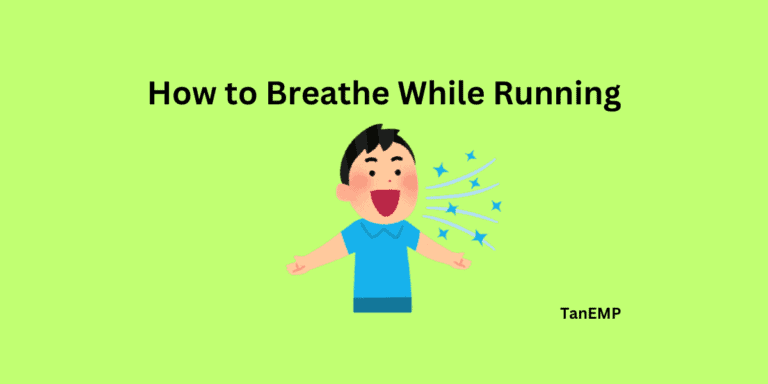Running at Night: 13 Benefits and Safety Tips for Your Evening Jog

If you’re not a morning person and hate getting out of bed early, don’t worry.
Night running might be a better fit for you.
Going for a night jog has some awesome benefits. It can help you relieve stress after a long day and even help you sleep better.
Evening runs are a great way to clear your mind and feel good, both in your body and in your head.
Since I live in a big city, running at night is easier for me. Honestly, I love the tranquility and the fact that there’s significantly less traffic compared to morning runs.
But before you throw on your running shoes and head outside, there are a few things you should know.
In this post, we’ll talk about the best reasons to try a night jog. We’ll also share safety tips and benefits to help you stay safe and feel good while running after dark.
Key Takeaway:
- Night running can help you relieve stress, boost your mood, and improve your sleep.
- It’s a great option if you’re not a morning person or have a busy daytime schedule.
- Staying safe is key: wear reflective gear, stick to well-lit areas, and stay alert while running.
- With the right precautions, night running can become a fun and refreshing part of your routine.
- Pro tips: Find a running buddy
Benefits of Running at Night
Before we go over safety tips, let’s see why running at night is good for you.
1. Relieve stress and boost energy
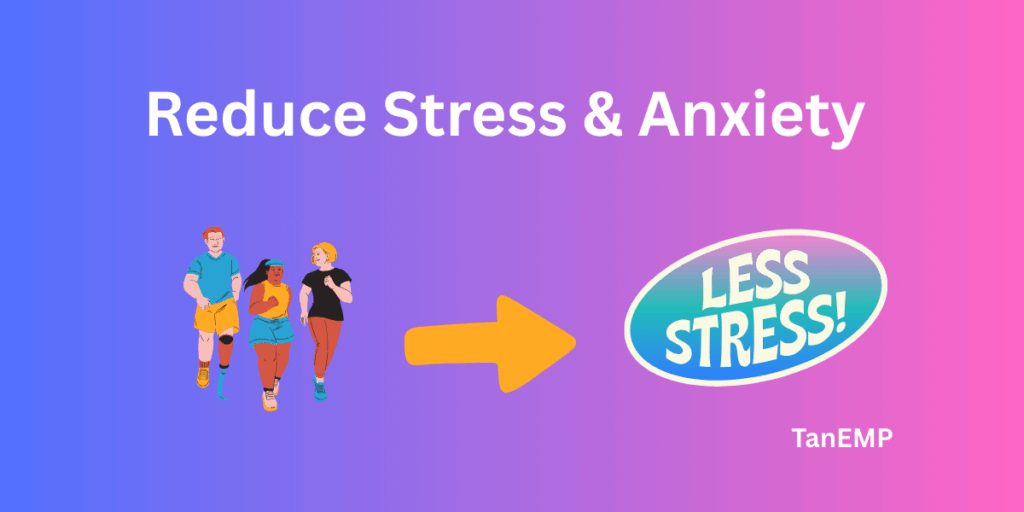
Running at night is a great way to relieve stress after a long day.
Whether you’re at school, work, or busy with kids all day, a night jog can clear your mind and reduce stress.
Evening exercise gives your mind a break, helping you let go of what’s been bothering you. When I was in grad school, exercising at night boosted my energy for the next morning’s class.
Running at night can help reduce stress and even ease feelings of sadness or anxiety. Make sure you breathe properly during your run; this will further calm your mind and relieve stress.
However, if you’re like me and tend to attract mosquitoes, running at night during the summer might make you more anxious instead of less!
2. Not a morning person
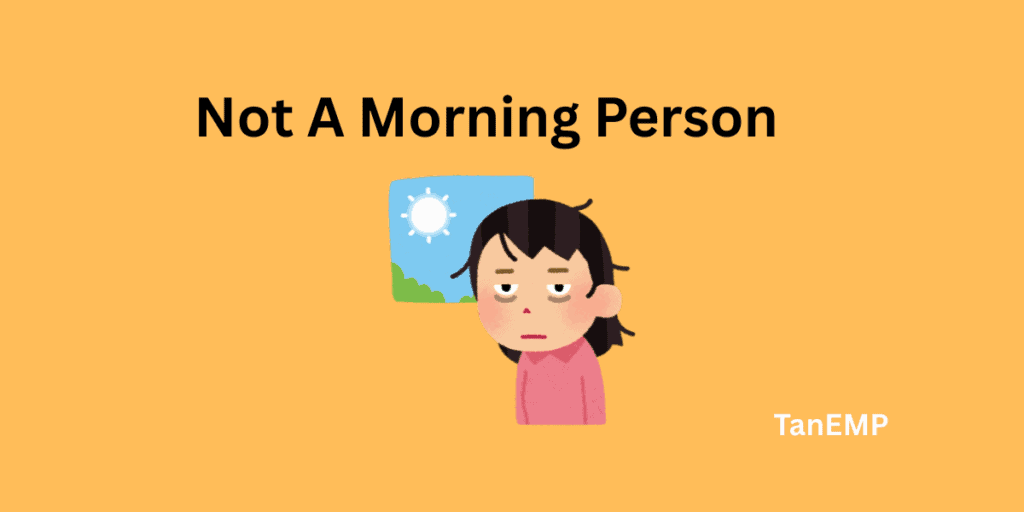
If you keep hitting the snooze button, you’re probably not a morning person. Getting up before the sun takes a lot of discipline and self-control that is not for everyone.
I tried to convince myself to be a morning exerciser until my wife almost broke my phone with my continuous snooze. Guess what, I run better after work.
This is why a night jog might be perfect for those who struggle to wake up early. You might find that running at night feels easier because your body time is naturally ready. You won’t need much time to wake up for your run.
3. Easy to manage time for a busy work schedule
Mornings can be hectic and stressful, especially if you have to work early or get the kids ready for school. This often means waking up before the sun rises, which can make your run feel rushed and more stressful than relaxing.
That’s why an evening run can be a better option.
An evening run gives you space to breathe, move your body, and shake off the stress from your day.
The air is often cooler after the sun sets, which makes running more comfortable, too.
Even if you’re busy, a short night jog can help you stay active without adding pressure to your mornings.
4. Improve sleep
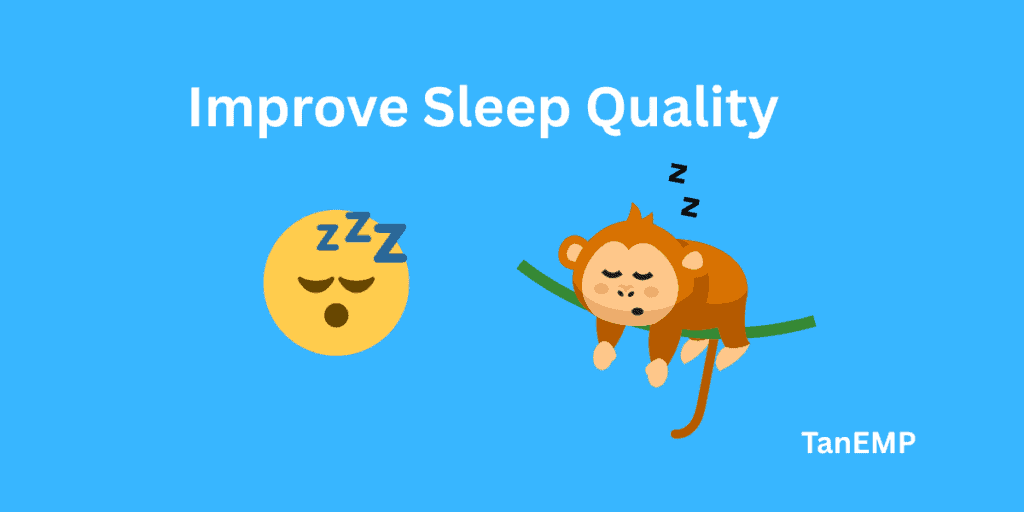
Running at night can help you sleep better.
A light or moderate jog can make your body feel tired in a good way. Afterward, you’ll feel calm and relaxed.
This can help you fall asleep faster and stay asleep longer. I usually sleep like a baby after my 5k runs. Just remember, if you go for an intense workout, you might find it harder to sleep well afterward.
Evening runs may also help fix bad sleep patterns, especially if you stay up too late or have trouble falling asleep.
Over time, you’ll likely enjoy better quality sleep, waking up feeling more rested. Just don’t run too close to bedtime. Give your body time to cool down and relax before sleep.
5. Weight control
Running at night can help you eat at better times.
You’ll likely have dinner earlier, which gives your body more time to digest food before bed.
After your run, you might feel very hungry. But try not to eat a big or heavy meal right away.
Overeating late at night can make it harder for your body to burn fat, which may slow down weight loss.
To support overall health, go for something light like low-fat or no-fat yogurt.
Also, avoid eating fruit late at night. The sugar can stay in your body and make it harder to reach your goals.
Related Post: How To Start Running
Safety Tips for Running at Night
6. Lack of visibility
Running at night can be tricky when it’s dark.
To stay safe, always choose well-lit areas where you can see the path ahead.
Avoid streets or trails with poor lighting, as they can hide obstacles and increase safety concerns.
Stick to familiar routes, and if you can, run where there are well-lit routes or other people nearby.
Good lighting helps you stay alert and helps others see you, too.
7. Avoid headphones
When you’re running at night, it’s really important to avoid loud music.
Loud music can make it hard to hear cars, bikes, or people coming toward you.
Wearing headphones during intense exercise can also make you less aware of what’s around you. This can make accidents more likely.
If you want to listen to music, keep the volume super low.
Always keep your ears open so you can hear any approaching vehicles and stay safe.
8. Stay in touch with friends or family members
Before you head out for a night run, make sure you check in with a family member or friend.
Let at least one person know when you’re leaving, where you’re going, and when you plan to be back.
This small step can help keep you safe.
You could also run with a running partner or join a group.
Running with someone makes it more fun, and it’s safer if something unexpected happens.
9. Understand the road rules
When you go for nighttime runs, it’s crucial to know the road rules so you can avoid any safety concerns.
Always stay alert and watch what’s going on around you.
Look out for cars, people walking, and bikes coming your way.
Also, watch the ground for potholes, cracks, or anything that could trip you.
Try to run during the early hours when there’s still some light and it’s easier to see.
Stick to sidewalks or safe running paths if you can.
By paying attention and following the road rules, you can enjoy your run and stay safe.
10. Wear reflective gear
When you wear clothing for a night run, make sure you’re easy to see.
Put on reflective strips or other reflective gear, like a lighted belt or a headlamp.
This will help drivers and other people spot you from far away.
You can also use high-visibility bands to make yourself even easier to see.
It’s really important to stay aware and help others see you.
The better you can be seen, the safer you’ll be while running at night.
Related Post: Proper Running Form for Beginners
11. Bring your IDs
Always bring your IDs when you go for a night run.
If something happens and you can’t talk, having an ID helps people know who you are and who to call.
You can keep your ID in your pocket, running belt, or even wear an ID bracelet.
It only takes a second to grab it, but it could help in an emergency.
Stay safe, be smart, and make it a habit to bring your IDs every time you head out.
12. Warm up
Always make time to warm up before you start running.
You can do a quick 5-minute dynamic warm-up at home or outside to get your body ready.
Since most of us sit a lot during the day at work or school, it’s even more important to get our muscles moving.
A proper warm-up helps loosen your body, boosts blood flow, and lowers your chances of getting hurt.
It’s a simple step that can make your run feel better and safer.
13. Stretch after your run
Just like warming up is important before a run, it’s also important to stretch after your run.
Stretching helps your muscles relax and start to heal.
Doing a few simple static stretches can boost blood flow to your muscles, which helps you recover faster.
Taking a few extra minutes to stretch after your run can make a big difference.
It can help you feel less sore and keep you ready for your next workout.
Convenience and Consistency
Night runs are a great choice if you have a busy schedule in the morning. In the evening, there are usually fewer things to distract you, so you can focus more on your run.
Running at night also means you don’t have to rush through your morning routine.
Staying consistent is important for getting better as a runner. Running at night can help you stick to your routine and keep improving.
Trying a different perspective by running in the evening can help you stay on track.
Night Vs Morning Runs
If you’re just starting out and curious about the differences between night runs and morning runs, keep reading to find out more.
Night Runs
- If you’re a night owl, you might like running at night.
- It’s often easier to run after work than to wake up early in the morning.
- Here are some top tips for running at night:
- Be careful about where you run.
- Always listen for approaching vehicles to stay safe.
Morning Runs
- If you’re a morning person, these runs are perfect for you.
- Running in the morning can help boost your energy and keep you going throughout the day.
- Pre-run preparation is important.
- Running on an empty stomach can help you perform better.
- One downside: You might feel sleepy later in the day, especially if you have a busy work schedule after your run.
Wrap Up
Running at night has a lot of great benefits. It can help you shake off stress, boost your mood, and even help you sleep better. Night runs might fit your life much better if you’re not a morning person or have a busy schedule.
But safety should always come first. Ensure you run in well-lit areas, stay alert, wear reflective gear, and let someone know your plans before heading out. Small steps like these can make a big difference.
Whether you run to clear your mind or just to stay active, night running can be a fun and healthy part of your routine. Listen to your body, stay safe, and enjoy the peaceful feeling of running under the night sky!
FAQ
1. Is it safe to run at night?
Yes, running at night can be safe if you take the right precautions. Always run in well-lit areas, wear reflective gear, and stay alert to your surroundings.
2. What should I wear for night running?
Wear light or bright colors, reflective clothing or accessories, and consider using a headlamp or clip-on light so others can see you.
3. Can running at night help me sleep better?
Yes, an evening jog can help your body relax and improve sleep quality, as long as it’s not too close to bedtime.
4. Should I eat before or after a night run?
A small snack before your run is fine, but avoid heavy meals right after. Choose something light, like yogurt or a banana, if you’re hungry.
5. How late is too late to run at night?
Avoid running too close to bedtime. Try to finish your run at least 1–2 hours before going to sleep to give your body time to wind down.


